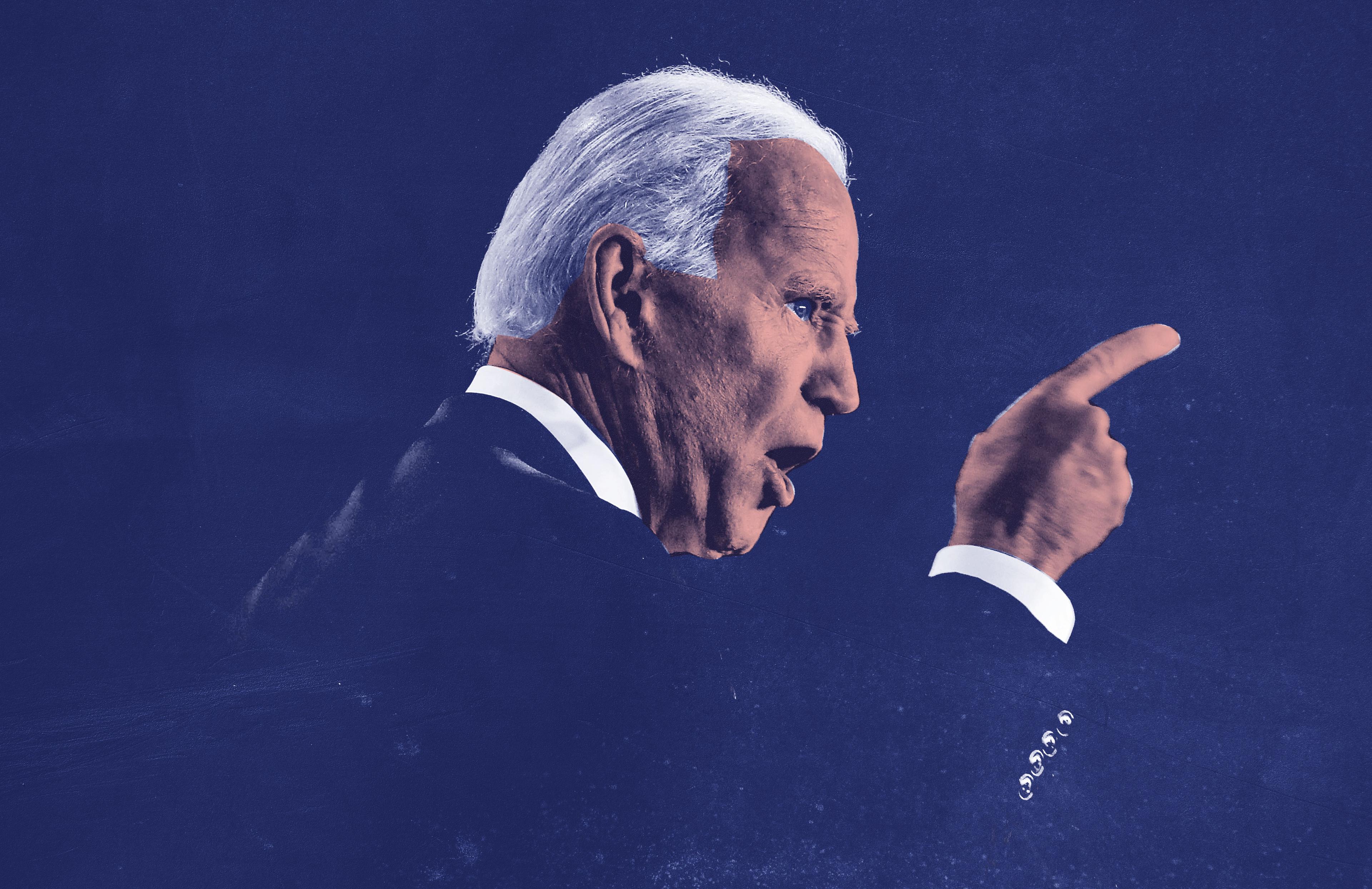
Joe Biden has agonized for several months about the future of the Democratic Party. So, too, have the many Democrats who have loudly decided, in those tenuous months, that they can no longer stand Joe Biden.
He’d planned to launch his 2020 presidential bid Wednesday in Charlottesville, Virginia, where a white nationalist killed left-wing counterprotester Heather Heyer during a march on August 12, 2017. But Biden delayed his announcement to Thursday, when he is set to launch his presidential campaign with a recorded video address. The hesitation, presumably due to his rethinking the political implications of a Charlottesville rally, hints toward a larger ambivalence: Barack Obama’s vice president is the leading Democratic presidential candidate, but he’s among the last to launch his campaign. Biden is almost certainly aware of his polling advantage over the rest of the presidential field—over the couple dozen Democratic candidates, and also over President Donald Trump. Biden is prominent and potentially well-funded enough to assemble a powerful campaign, if only he overcomes the dominant currents in modern Democratic politics—socialism, feminism, identitarianism. Biden is a stranger and, arguably, an enemy to all three.
There’s been plenty of optimistic talk for several months about Biden’s personality and how it might endear him to Trump 2016 voters. There’s been plenty of pessimistic talk about Biden’s significance in an otherwise young and diverse presidential field. Biden will have weighed these strengths against his own shortcomings, and determine—opportunistically, if also correctly—that the optimistic talk is real life and the pessimistic talk is simply a product of the internet. He is making the same bet House Speaker Nancy Pelosi makes when she repudiates calls for Trump’s impeachment. Biden’s only choice, really, is to bet against the left-wing movements that have largely driven his party’s passionate opposition to Trump. Biden already struggles to engage with his party’s left-wing factions as a noncandidate, so it’s hard to imagine him synthesizing these currents, much less embodying them, as the party’s presidential nominee. Obama bet (however vaguely) on change. Biden must bet on apprehension.
Paradoxically, Biden is the most popular figure in a party supposedly defined by politics—“identity politics”—hostile to his candidacy. The right regards the Democratic presidential field, and modern progressive politics broadly, as a “wokeness” terrordome. So, too, does the news media, which characterizes most opposition to Biden as culture war. The two leading Demoratic candidates, Biden and Vermont Senator Bernie Sanders, two otherwise highly differentiated politicians, are too white, too male, and too old to be leading a progressive march in the culture wars. Biden has lately become the defensive subject of such campaigns as left-wing activists and journalists reevaluate Biden’s propriety, and Sanders has always commanded a left-wing faction that, in fact, regards identity politics as largely frivolous. The Sanders faction has spent the past several years characterizing Hillary Clinton loyalists as Disney liberals who conceptualize Democratic governance as a series of diversity initiatives coupled with outright hostility to left-wing activists and left-wing public policy. The Clinton loyalists have, in turn, routinely accused the Sanders faction as pandering to white bigots, through “class politics” and materialist appeals, at the expense of nonwhite constituencies and to the chagrin of many white centrists too. If Clinton were running once again, she and her supporters might rehash the case against Sanders, and against socialism, in a largely familiar manner. But Clinton has declined to run for president again, and Sanders is running in a very different Democratic primary this time around. Biden, the dean of the Democratic establishment, has inherited Clinton’s complications.
Biden might exploit the broad activist opposition to his presidential candidacy—what appears to be a united front against Biden is, in fact, a fractured entente. The socialists who favor Sanders largely oppose the left-wing identitarians, who no longer overlap so neatly with the feminists, who are, of course, at odds with the centrists who might oppose Massachusetts Senator Elizabeth Warren as stridently as they oppose Sanders. There are too many candidates, representing too many factions, to assume that identity politics will the primary’s key determination. The 2020 Democratic primaries offer too many competitive candidates to afford any streamlined preferences. Warren is running to Sanders’s left and thus splitting the socialist vote while complicating both candidacies. California Senator Kamala Harris is polling well but running somewhat ambiguously; she’s a center-left legislator struggling to rebrand as a post-Sanders progressive. Harris is a milestone candidate running against several other milestone candidates. Her presidential identity is as amorphous and uncertain as the race itself.
Biden simultaneously enjoys and suffers a comparison with 20 other customizable candidates. As an old-school establishmentarian who freely admits his distance from the zeitgeist, Biden isn’t built to withstand scrutiny from socialist and feminist critics, nor would his nomination please the many Democrats who regard old, straight, white men as a presidential cliché. The centrists might sympathize with Biden—and the right will pretend to sympathize with Biden—as a dominant but endangered figurehead who embodies the white voter’s alienation from the highly identity-conscious left. Biden might indulge the right-wing fears and centrist skepticism about socialists, feminists, and “social justice warriors.” He might, in fact, reveal the supposed hegemony of these left-wing factions to be wildly overstated.
Joe Biden cannot become Bernie Sanders any more than Kamala Harris might convincingly become Bernie Sanders. Biden can, at best, strive to reconcile the party’s weary centrists with the activist present. If Biden can confront the socialist moment without Clinton’s defensiveness, if he can withstand the new feminist scrutiny without unraveling into resentments, then his candidacy may help finally bring the party’s haggard factions into a formidable coherence. The right fears the left. Biden should fear only obsolescence.

